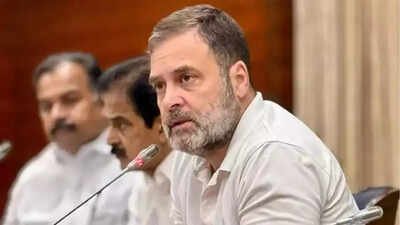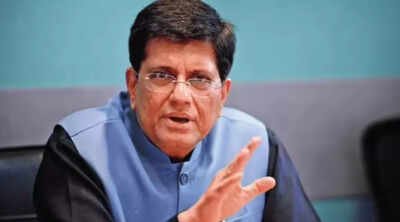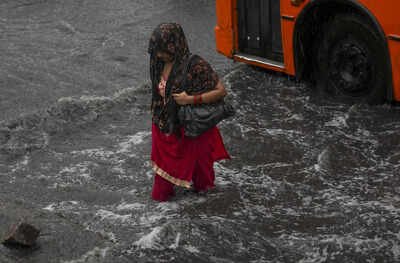📢 Headline Alert: Stay informed with curated news directly from top media sources.
NEW DELHI: In a significant assertion by India of its “cultural diplomacy”, the sacred Piprahwa relics of Buddha – taken away during the colonial period – have been brought back after 127 years through an outreach that started with the govt stepping in to stop their auction by Sotheby’s Hong Kong in May.PM Narendra Modi hailed the return of the relics -gems as “a joyous day for our cultural heritage”, after culture minister Gajendra Shekhawat received them at the Delhi airport on Wednesday. “It would make every Indian proud that the sacred Piprahwa relics of Bhagwan Buddha have come home after 127 long years,” Modi said on X. The relics have been kept at the National Museum and will be placed on public display after a special ceremony. “It may be recalled that the Piprahwa relics were discovered in 1898 but were taken away from India during the colonial period. When they appeared in an international auction earlier this year, we worked to ensure they returned home. I appreciate all those who have been involved in this effort,” the PM said.These sacred relics highlight India’s close association with Buddha and his noble teachings, he said. “It also illustrates our commitment to preserving and protecting different aspects of our glorious culture,” the PM said. The return of the relics is a benchmark in cultural diplomacy and marks the first of its kind public-private partnership to repatriate antiquities with the govt collaborating with Godrej Industries Group, which privately acquired the entire collection of 349 gems, according to the culture ministry. This ‘PPP’ is being cited as a model in cultural collaboration that can help protect and preserve global heritage.It said amid global solidarity post-Pahalgam terror attack, the return of relics also strengthens India’s role as the national steward of Buddhist heritage. The Piprahwa relic jewels were discovered in 1898 at the ancient Buddhist stupa at Piprahwa in UP. The relics were part of a larger find, including bone fragments, soapstone and crystal caskets, a sandstone coffer, excavated by British civil engineer William Claxton Peppe from the stupa – widely identified as ancient Kapilvastu, birthplace of the Buddha.
Source: Times of India
📝 All news content is syndicated with source attribution for transparency.



